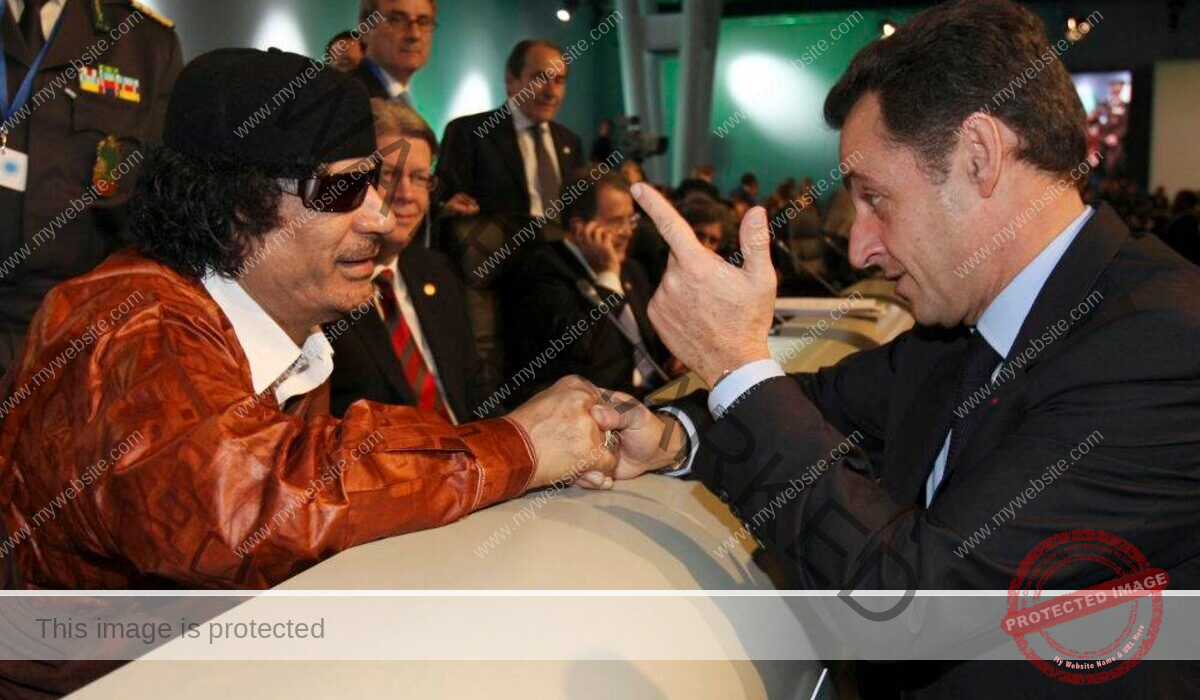The beginning of the end came in 2011. Nicolas Sarkozy, then President of France, pushed hard for military intervention in Libya. The fall of Muammar Gaddafi led to the uncontrolled spread of Libyan weapons across the Sahara. Arms flowed through porous borders, arming rebel groups and fueling conflicts from Mali to Chad.
By The Independentist news desk
For more than sixty years after the end of formal colonialism, France maintained a powerful grip on Africa through a complex network of political, economic, and military mechanisms known as Françafrique. Under this system, newly independent African states remained tied to Paris through secret agreements, military presence, and economic structures that ensured a one-way flow of wealth: from Africa to France.
A Hidden Economic Pipeline
After independence in the 1960s, France established a series of “Cooperation Accords” with its former colonies. These agreements allowed Paris to maintain strategic influence while giving the appearance of African sovereignty. At the heart of this system was the CFA franc. Fourteen African countries were required to deposit up to 65% of their foreign reserves into the French Treasury. This gave France direct control over their monetary policies, while guaranteeing stability and convertibility for French companies.
In parallel, exclusive resource contracts locked in French access to uranium from Niger, oil from Gabon, timber from Congo, and cocoa from Côte d’Ivoire. French multinationals such as TotalEnergies, Areva (now Orano), and Bolloré profited enormously. Meanwhile, permanent military bases in Senegal, Gabon, Chad, and Djibouti allowed France to influence political outcomes, often intervening to protect allied regimes or replace uncooperative leaders.
For decades, this economic and security pipeline quietly supported France’s social model and global ambitions. African reserves helped stabilize the French currency; cheap resources powered its industries; and military access guaranteed geopolitical reach.
The Turning Point: Sarkozy and Libya
The beginning of the end came in 2011. Nicolas Sarkozy, then President of France, pushed hard for military intervention in Libya. The fall of Muammar Gaddafi led to the uncontrolled spread of Libyan weapons across the Sahara. Arms flowed through porous borders, arming rebel groups and fueling conflicts from Mali to Chad.
In Mali, battle-hardened fighters returning from Libya launched the 2012 rebellion, shattering the state. What began as a separatist uprising rapidly morphed into jihadist occupations and successive coups. France responded with Operation Serval and later Barkhane, intending a short, decisive campaign. Instead, it became a long, costly, and unpopular war. Over time, resentment grew across the Sahel. By the early 2020s, Mali, Burkina Faso, Niger, and others expelled French troops and tore up defense agreements, ending decades of military dependency.
Sarkozy’s personal story became emblematic of this unraveling. Convicted in 2025 for conspiring to seek illegal Libyan funding for his 2007 campaign, he now faces five years in prison. The man who once declared in Dakar that “the African man has not fully entered history” has become a symbol of arrogance and decline. His war in Libya accelerated the destabilization of Africa—and, indirectly, the weakening of French influence.
The Great Unraveling
Across Africa, what began as isolated criticism has evolved into a broad, coordinated awakening. Governments, military juntas, civic movements, and young citizens are questioning the foundations of French involvement in their economies and governance. Countries are nationalizing assets, rejecting military accords, and diversifying their partnerships toward Russia, China, Türkiye, and regional alliances.
The CFA franc system is under unprecedented scrutiny. Leaders and economists are pushing for independent African currencies, like the proposed Eco in West Africa. Ending the CFA would strike at the heart of France’s financial leverage on the continent.
Culturally, a new generation of Africans has emerged—connected, vocal, and unwilling to inherit the deferential attitudes of their post-independence leaders. Through social media, podcasts, documentaries, and investigative journalism, they have exposed decades of manipulation, from the assassinations of independent leaders to the economic exploitation hidden behind diplomatic smiles. Their message is clear: the old order is over.
France in Retreat, Africa Rising
Meanwhile, France itself is struggling. Political instability in Paris has deepened, with frequent government collapses and rising public debt, now exceeding €3.3 trillion. As African countries reclaim control over their resources, the economic model that depended on African wealth to fund French public spending is under strain. France’s global influence is shrinking just as Africa’s geopolitical weight is rising.
For the first time since the 19th century, Africa is asserting itself as a strategic actor rather than a passive supplier. Regional alliances are strengthening, foreign partnerships are diversifying, and the cultural narrative is shifting decisively toward sovereignty and dignity.
The End of an Era
France’s post-colonial “exception” in Africa—built on economic extraction, military dominance, and cultural paternalism—is collapsing. The anti-French wave sweeping the continent is not merely a backlash; it is a structural reordering. It seeks to end decades of hidden pacts and redirect Africa’s wealth toward African development.
The fall of Françafrique is both a warning and a watershed moment. It reveals the fragility of systems built on exploitation and the power of collective awakening. As Africa rises, France faces the consequences of its past choices.
This is the new African reality. And it is here to stay.
The Independentist news desk

